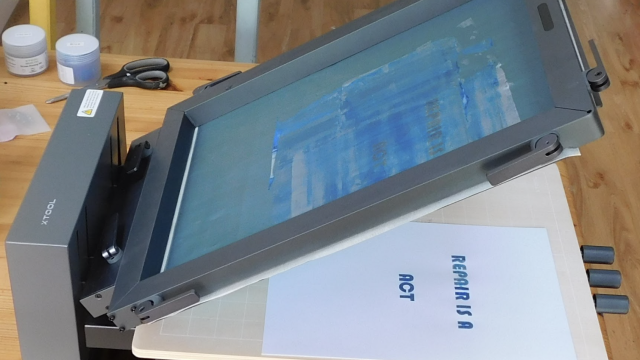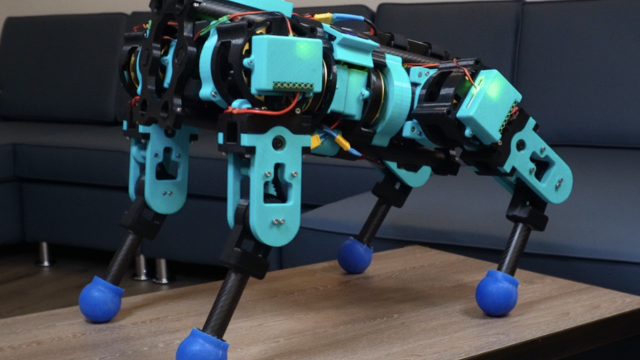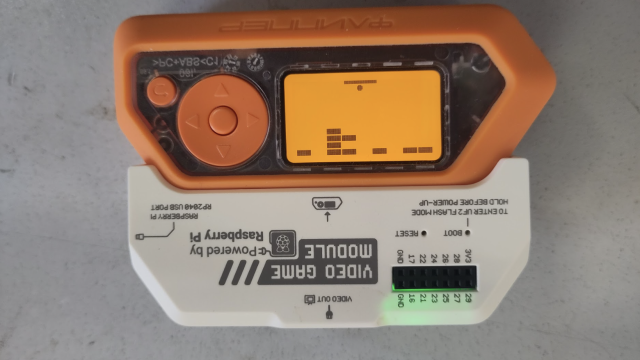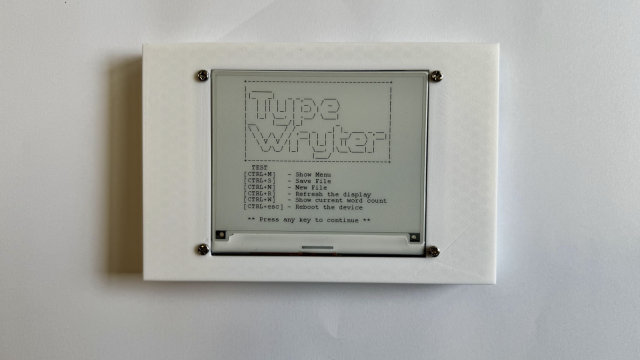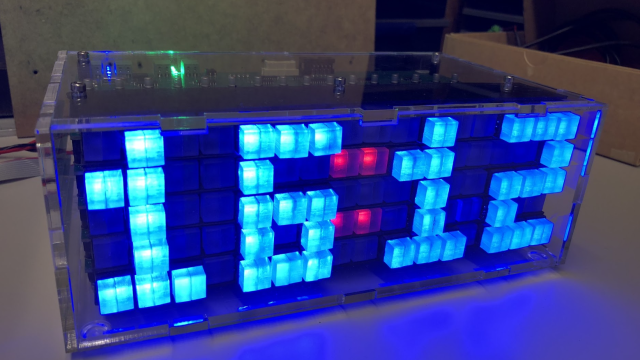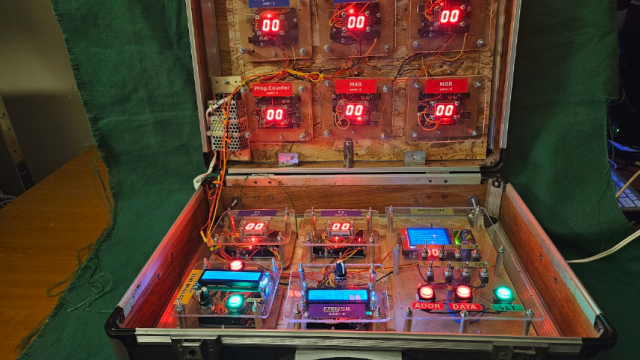Consider this thought experiment: if someone asked you to draw a picture of an engineer, who would you draw? As you draw the figure, the gender and race assigned is a reflection of your mental prototype of an engineer – your own prototype bias. In the US and EU, most will draw a white male figure. Academic studies have shown that these societies are biased to assign high‑level intellectual ability to males, and this bias starts as early as six years old – over a decade before these children are confronted with picking a major in college. The integration of these biases over time seems to be reflected in STEM-major gender ratios.
Prototype bias is real and pervasive, and continues beyond school. For example, my co-founder in Chibitronics, Dr Jie Qi, is female while I am male. The company is founded on technology that she created for her MIT Media Lab doctoral dissertation. She is the inventor of paper electronics. I am a supporting actor in her show. Despite laying this fact out repeatedly, she still receives comments and innuendo implying that I am the inventor or more influential than I really am in the development process.
Any engineer who observes a bias in a system and chooses not to proactively correct it either stands to benefit from the bias, or they are a bad engineer. Given two pieces of metal with different coefficients of thermal expansion, do we trivially bond them together and expect the resulting assembly to stay straight? No; good engineers either call it out for what it is – a bimetallic thermal sensor – or compensate for the bias through clever design. Thus aware that our sociological channels are biased, what do you do? Compensate for the biases, or take advantage of them?
If you design to use biases in your favour, then document it and call it out. Good engineering requires routinely documenting and informing collaborators of decisions.
If you design to eliminate biases, then the challenge is to figure out appropriate corrections for the biases. Good engineers consider all the tools available to tackle hard problems, from adjusting salaries and titles to simply highlighting a collaborator’s contributions more often.

